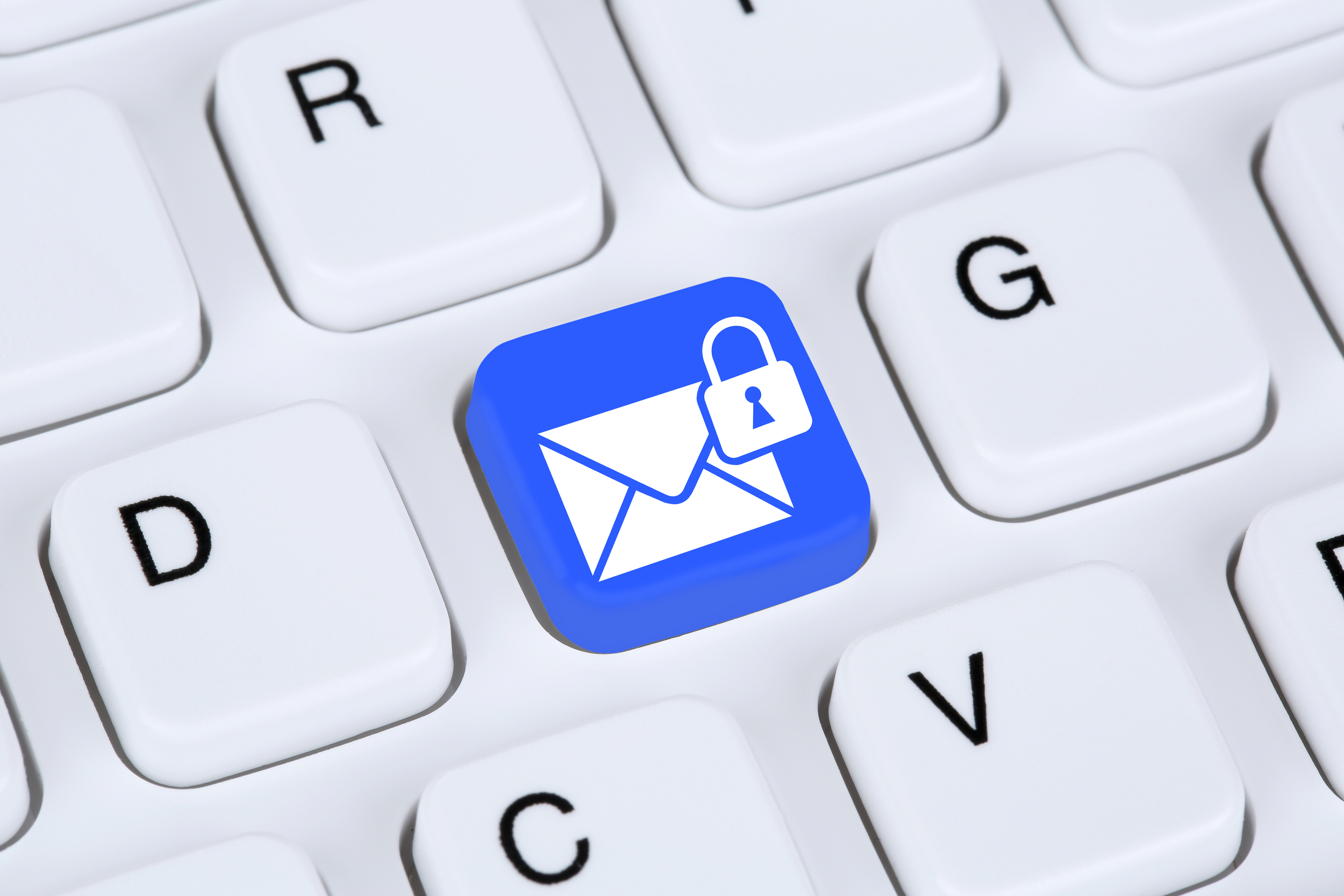7 Ways Encryption Can Protect Your Business
/Odds are you've at least heard of data encryption. Even if you haven't used the technology, you've probably heard it mentioned in a movie or TV spy drama. You may not know, however, how crucial this technology could be to your company’s security. Read on to find out how companies of all shapes and sizes can safeguard their data—one of their most important assets in the information age—with encryption.
What to Know About Encryption in Business
What Is Encryption, Exactly?
Encryption is the encoding of data so that it cannot be read without a password. This is different from password protection on a computer or other device in that it provides a more robust layer of security at the deeper level of the data itself.
Why Do I Need Encryption?
Think about the information your company stores as electronic data. Can you afford to have your confidential business information compromised? What about sensitive client data? Exposure of sensitive data could lead to significant losses on your part, not the least of which could include legal liability and regulatory fines, especially if your organization is regulated by HIPAA (healthcare), GLBA (financial), or FINRA (financial).
Encryption is widely acknowledged as an effective security measure for safeguarding the information your company holds. This means it will greatly reduce your chance of loss or liability, giving you peace of mind.
7 Ways to Use Encryption
There are a number of places within your information systems where encryption can add an indispensable layer of security. Here are seven of the most important ones:
Hard Drives: You can encrypt an entire hard drive to greatly reduce the risk of data theft.
Individual Files: File-by-file encryption provides security on an as-needed basis.
Laptops: Unlike office systems, laptops are easy to lose and prone to casual theft. By ensuring that a laptop’s data content is unreadable, you can limit your potential loss to the cost of the laptop itself. Because of this, a growing number of government regulators and insurance companies are demanding that businesses encrypt any data that leaves their premises.
Removable Media: Memory sticks, thumb drives, and similar portable storage technologies are also susceptible to loss or theft. As with laptops, encryption of portable media limits your loss to the cost of the device itself. Thankfully, many portable media devices now come with built-in encryption support.
File Transfers: Sending files over unsecured wired or wireless links can expose sensitive information to data thieves. In this case, encryption provides an additional layer of security, even on a secured network.
Email: Unencrypted email is a highly exposed means of communication. Secure email solutions, such as Affinity’s hosted ZixGateway application, employ encryption to secure the contents of emails during the transmission process and while they sit in their recipients’ mailboxes.
IM (Instant Messaging): A good number of businesses use IM to communicate confidential business information, which, while convenient, creates serious liability for them. Encryption helps secure these critical transmissions.
If you'd like to talk through a strategy for protecting your assets through data encryption, we'd love to help; just give us a shout.





